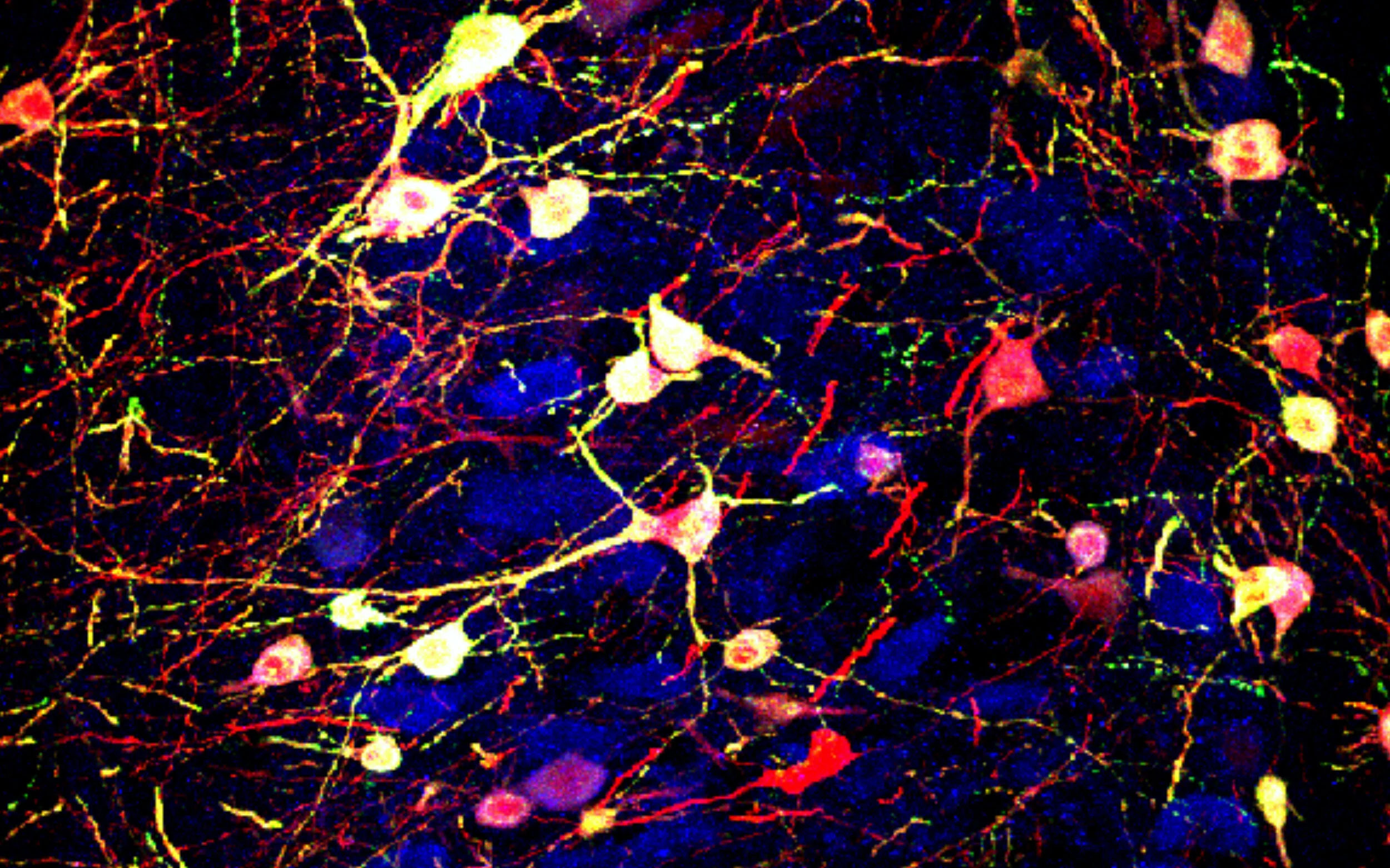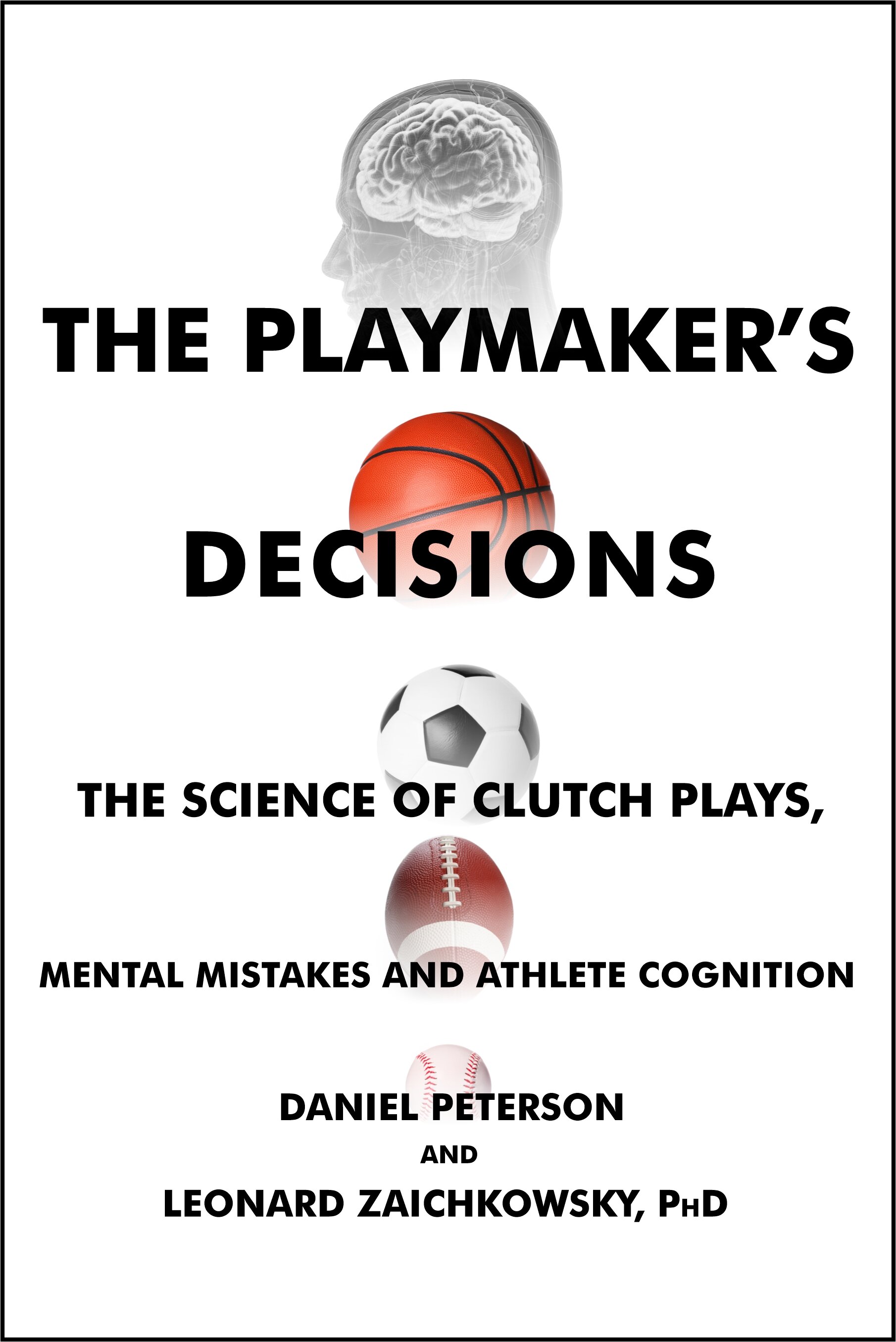Running Helps Motor Skill Learning
/A group of midbrain neurons expressing acetylcholine (blue) are made to express another type of neurotransmitter, glutamate (yellow). photo: UCSD
Because we all need one more reason to get off the couch and on the treadmill or the empty trail while we work from home, researchers at the University of California, Davis have found that the neurotransmitters in our brains actually switch into a hyper-learning mode after aerobic exercise. Their new study was just published in Nature Communications.
Dr. Nick Spitzer and Dr. Hui-quan Li studied the effect of exercise prior to learning a new motor skill in mice. Yes, they do believe their results will translate to humans as Dr. Spitzer has pioneered this neurotransmitter switching process in adults with neurological disorders or injuries.
They provided spinning wheels to half the mice while the other half were left to be couch potatoes. The mice who ran for a week were able to learn new motor skills on a balance bar and rotating rod faster than the control group.
“This study shows that it’s good for the brain to add more plasticity,” said Li. “For people who would like to enhance their motor skill learning, it may be useful to do some exercise to promote this form of plasticity to benefit the brain. For example, if you hope to learn and enjoy challenging sports such as surfing or rock climbing when we’re no longer sheltering at home, it can be good to routinely run on a treadmill or maintain a yoga practice at home now.”
And, to confirm what they found, the researchers blocked the newly formed neurotransmitter in the running mice and their newfound skills disappeared. Now, they would like to find out if there is any other way to switch these neurotransmitters without exercise (for those that can’t move as well due to injuries).
“With an understanding of this mechanism comes the opportunity to manipulate and to harness it for further beneficial purposes. In the injured or diseased individual, it could be a way of turning things around… to give the nervous system a further boost,” said Dr. Spitzer, the Atkinson Family Chair in the Biological Sciences Section of Neurobiology and a director of the Kavli Institute for Brain and Mind.
How exactly this applies to developing athletes is not crystal clear but a healthy dose of running or cardio could help learn new skills while helping your mood, energy, sleep and overall fitness.
“This study provides new insight into how we get good at things that require motor skills and provides information about how these skills are actually learned,” said Dr. Spitzer.












